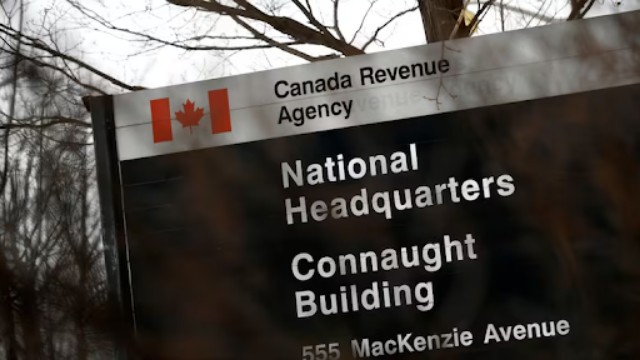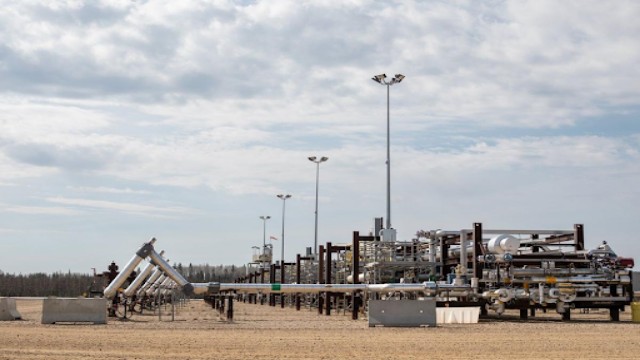
An aerial viewpoint shows the winding Dease River along Highway 37, north of the community of Dease Lake, about 1,750 kilometres northwest of Vancouver. The province has ordered jade mining operations in the region to stop. (TranBC/Flickr)
British Columbia has decided to halt all new jade mining operations in the northwest region and has imposed a five-year timeline for the closure of existing mines. The Ministry of Energy and Mines made this announcement, citing environmental concerns and challenges with compliance and enforcement as primary reasons for the decision.
According to the Ministry's statement, officials have collaborated closely with local First Nations to address the adverse effects of jade mining on delicate alpine environments near Dease Lake, situated approximately 1,750 kilometers northwest of Vancouver. They assert that an order under the Environment and Land Use Act was necessary to safeguard these areas from further harm and disturbance.
Effective immediately, all new mining activities on fresh tenures are to cease, while existing tenure holders are granted a five-year window to comply with enhanced regulatory requirements. This grace period allows sufficient time for the gradual winding down of operations.
The Ministry emphasized its ongoing engagement with First Nations and industry stakeholders to mitigate concerns regarding environmental impacts in the Turnagain region of northwestern BC. They reiterated the necessity of the order to prevent further degradation of these sensitive areas.
Aside from environmental considerations, the Ministry highlighted significant difficulties related to permitting, compliance, and enforcement in the northwestern BC region, where many mining sites are accessible solely by helicopter. The order specifically targets jade mining in the region and does not affect other forms of mining or jade tenures elsewhere in BC.
Jade holds cultural significance in BC, with the provincial government declaring May 28 as Jade Day in 2016 to raise awareness of its economic benefits. However, controversy surrounding jade mining has intensified in recent years. In response to growing concerns, the BC NDP government implemented a temporary ban on jade placer mining in northern BC in 2020.
The Tahltan Central government, which has objected to jade mining on its territories, has been unavailable for immediate comment. In 2021, the Tahltan nation demanded the end of the reality TV show "Jade Fever," which depicted a jade mining operation on Tahltan land. They criticized the province's ban on placer mining, deeming it insufficient.
Subsequently, in July 2021, the province expanded its ban on jade mining to include hard rock jade mining. Two companies, Cassiar Jade Contracting Inc. and Glenpark Enterprises Ltd., responded by filing a lawsuit against the BC government in March 2024, seeking compensation for damages incurred due to the bans.
In April, the province responded to the lawsuit, arguing that the companies had no reasonable expectation of unconditional mining rights. The legal proceedings are ongoing. Kristin Rosequist, president of Glenpark Enterprises, expressed disappointment with the government's decision, accusing them of heavy-handedness.
Tony Ritter, president of Cassiar Jade, criticized the lack of consultation with mining companies before the announcement. He raised concerns about the punitive nature of the decision, penalizing responsible companies for the actions of others.
The situation underscores the complexities and tensions surrounding resource extraction in sensitive environments and highlights the ongoing struggle to balance economic interests with environmental preservation and Indigenous rights.















